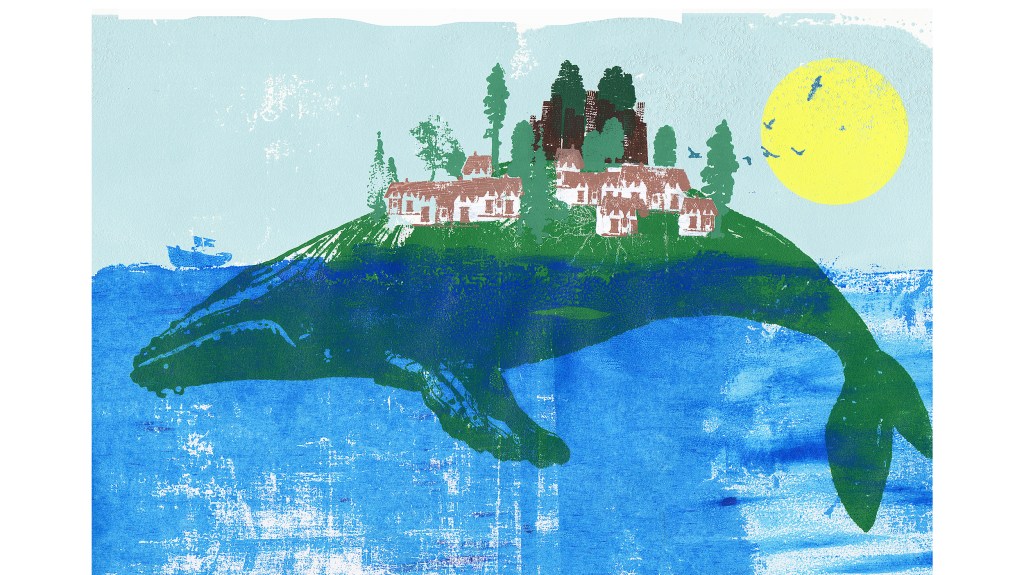Nation & World
-

How academia can help America heal
First step, says columnist David Brooks, is to understand its role in the problem
-

Can Russia be denied?
Ex-POW joins discussion of four-year conflict ahead of another round of negotiations
-
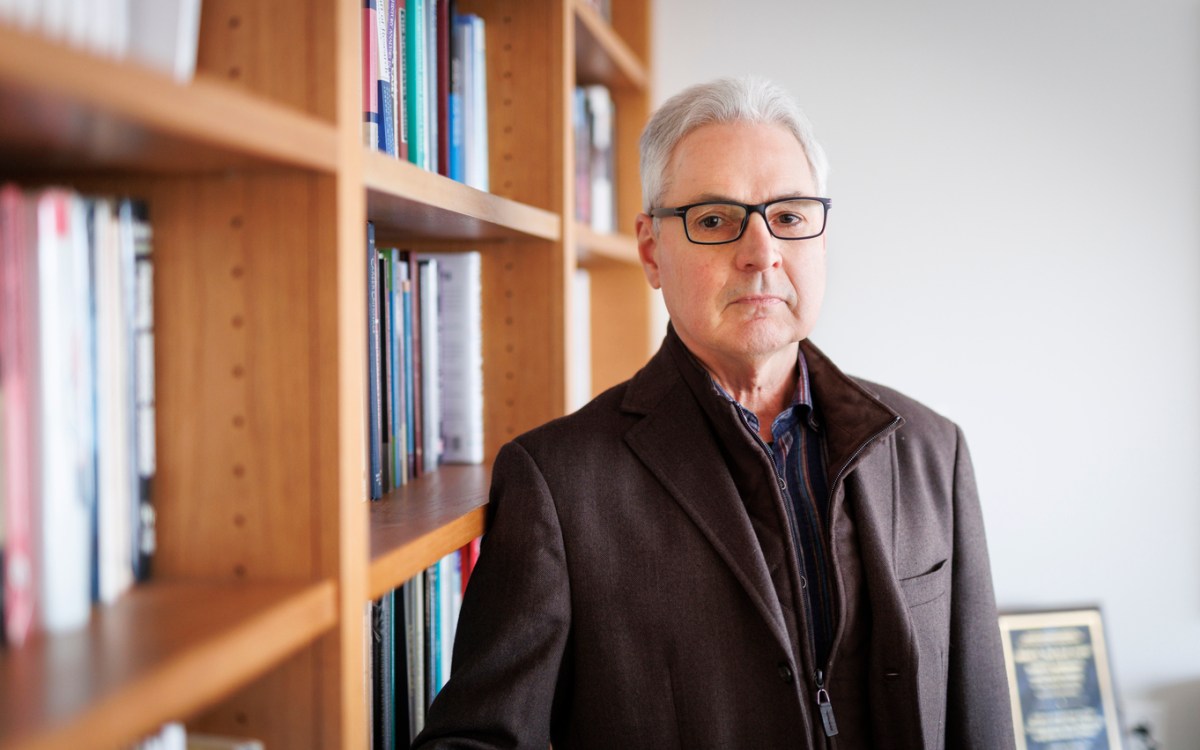
New factor in predicting who becomes criminal: when you were born.
Sociologist Robert J. Sampson investigates plunging arrest rates for youngest millennials
-
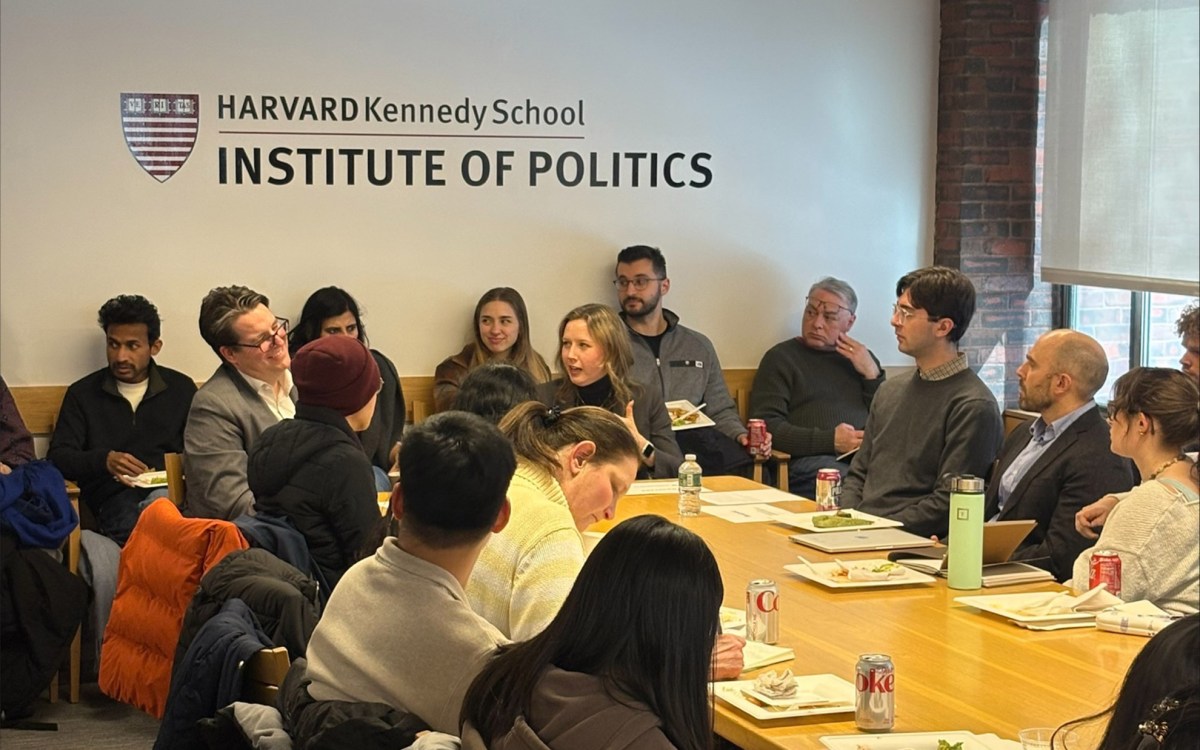
What would the Founding Fathers think of TikTok?
Experts weigh national security concerns against free speech in discussion of video app’s future
-

Worried about how AI may affect foreign policy? You should be.
Experts discuss vulnerabilities, need for oversight of tech development, regulation
-
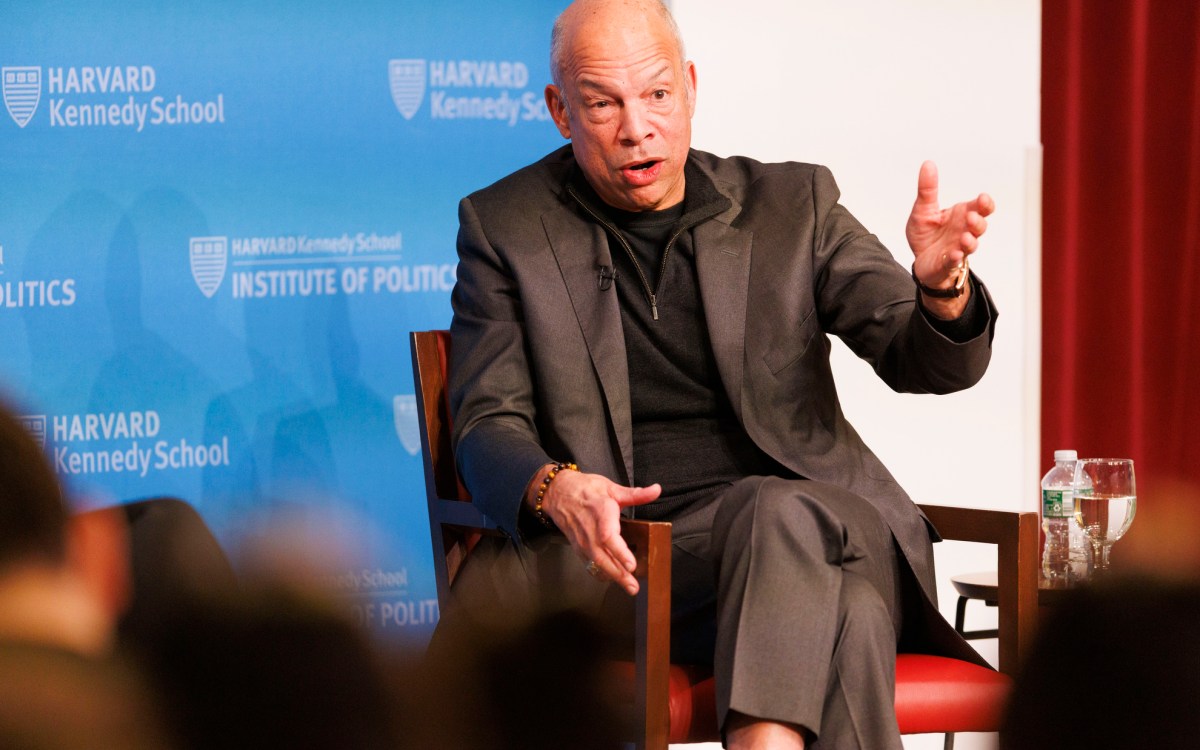
Border security isn’t really the problem
Former Homeland Security Secretary Jeh Johnson says current backlash is owing to cloudy mission, aggressive tactics
-
Nonviolent resistance proves potent weapon
Harvard Professor Erica Chenoweth discovers nonviolent civil resistance is far more successful in effecting change than violent campaigns.
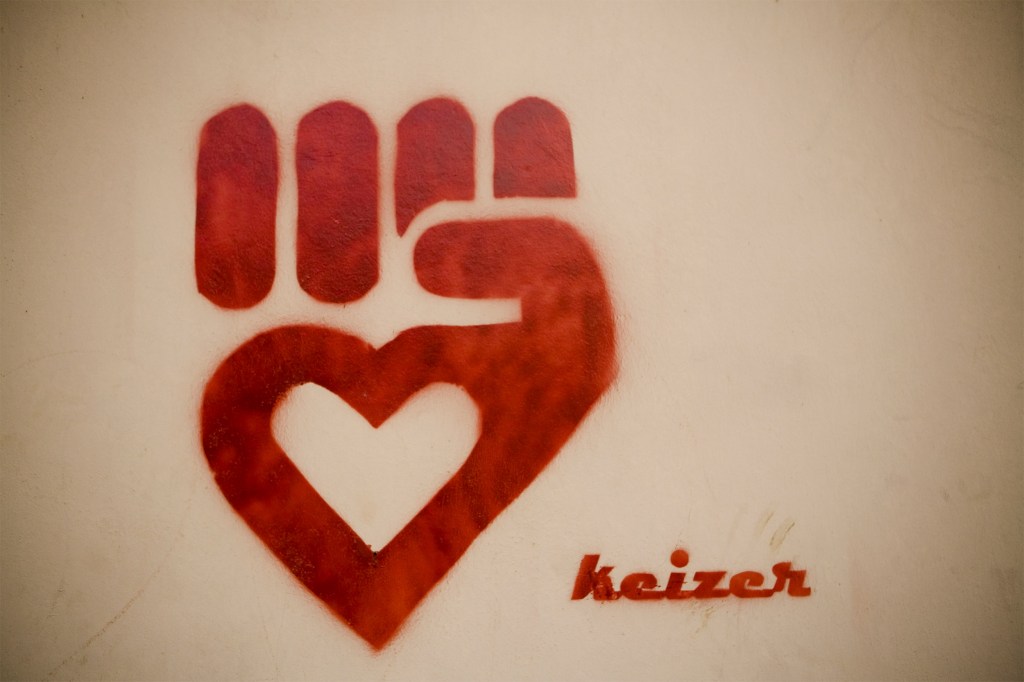
-
A response to proposed Title IX changes
With input from Harvard and other educational institutions, the Association of Independent Colleges and Universities in Massachusetts submitted written comments this week to the U.S. Department of Education, responding to its proposed changes to Title IX.
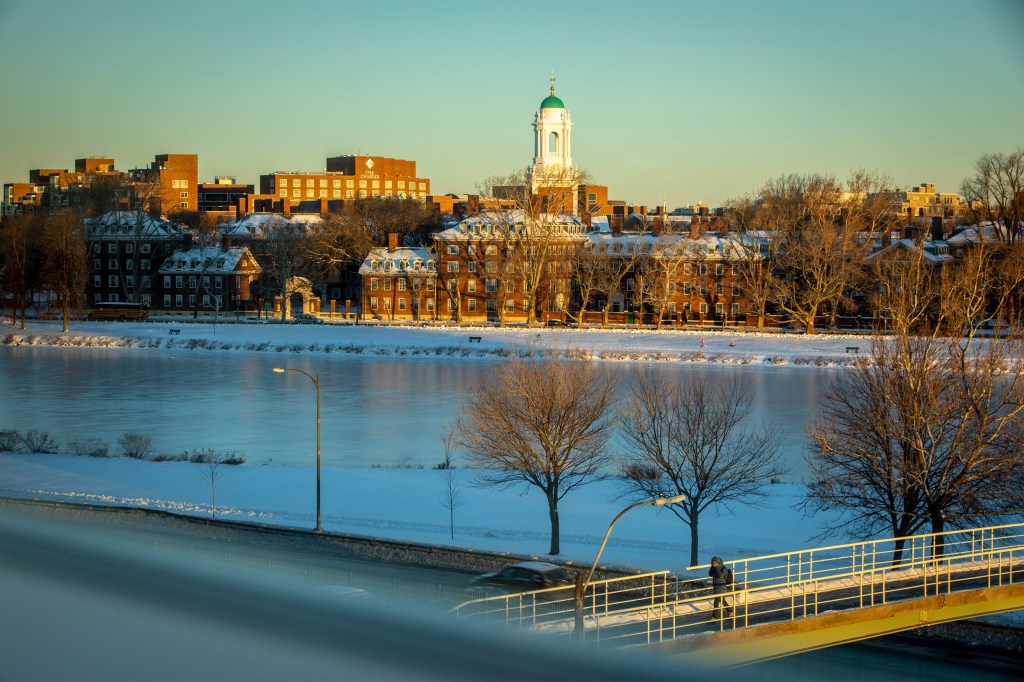
-
An inside look at the powerful, porous NFL
As Super Bowl LIII approaches, political reporter Mark Leibovich, now a national correspondent for The New York Times magazine and author of the 2013 best-seller “This Town,” discusses the intersection of politics and the National Football League.
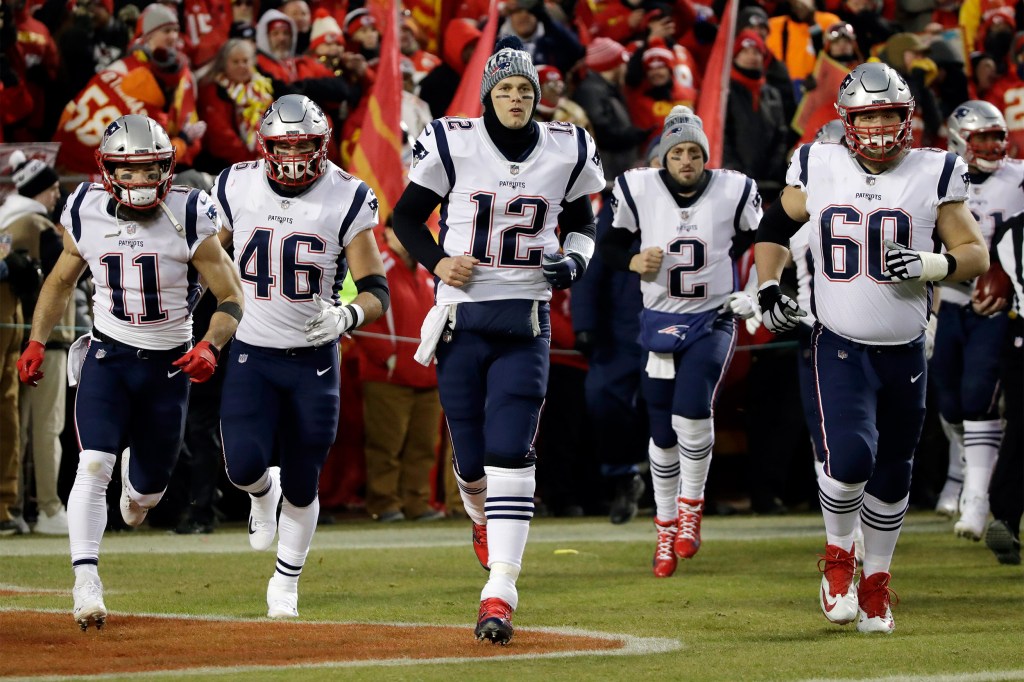
-
A new look at the father of modern political thought
A conference at the Edmond J. Safra Center will examine the life and works of the late Harvard Professor John Rawls, whom many consider the father of modern political philosophy.
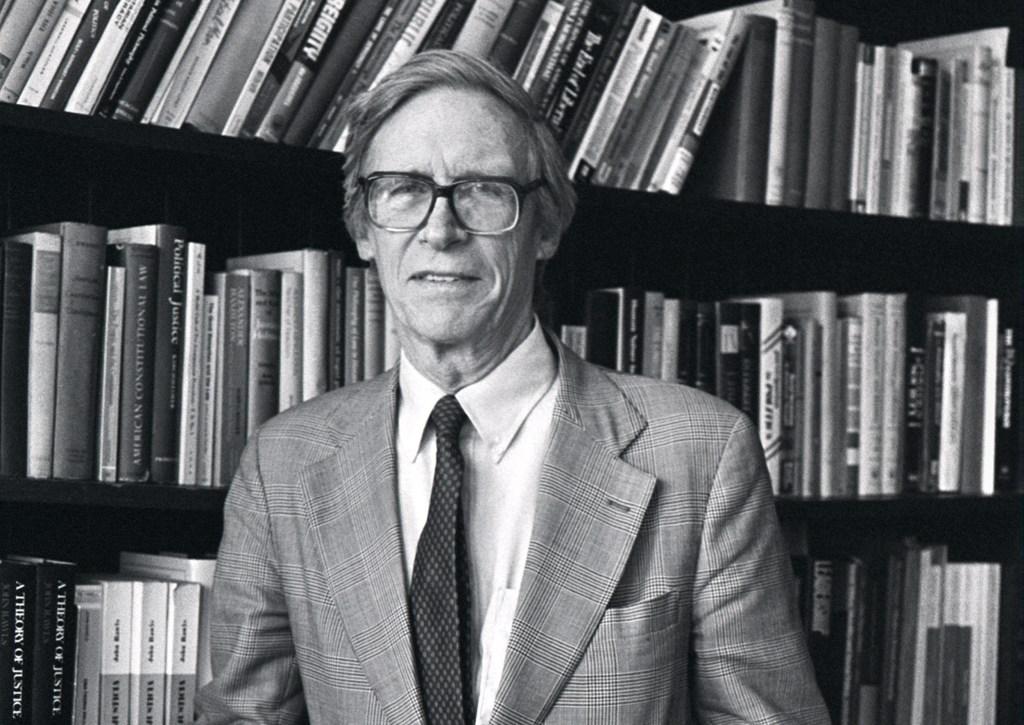
-
Whither that wall
Weeks into a federal government shutdown over the president’s request for money to build a border wall to keep out migrants coming from Central America and Mexico, Harvard analysts discuss the practical, legal, and historical implications of Donald Trump’s possible move to declare a national emergency to bypass congressional opposition.

-
Slavery alongside Christianity
A student-mounted exhibition probes the ties and tensions between slavery and Christianity during centuries of American bondage.
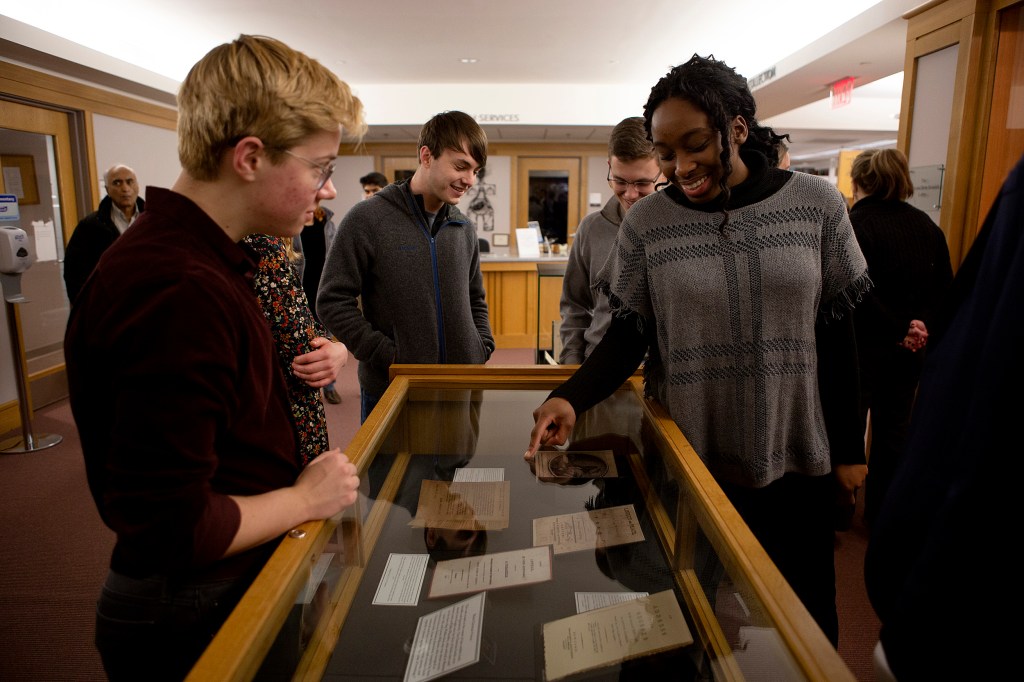
-
Paving the way for self-driving cars
Two efforts at Harvard are helping state and city officials in Boston and around the nation frame their early policy thinking around autonomous vehicles.
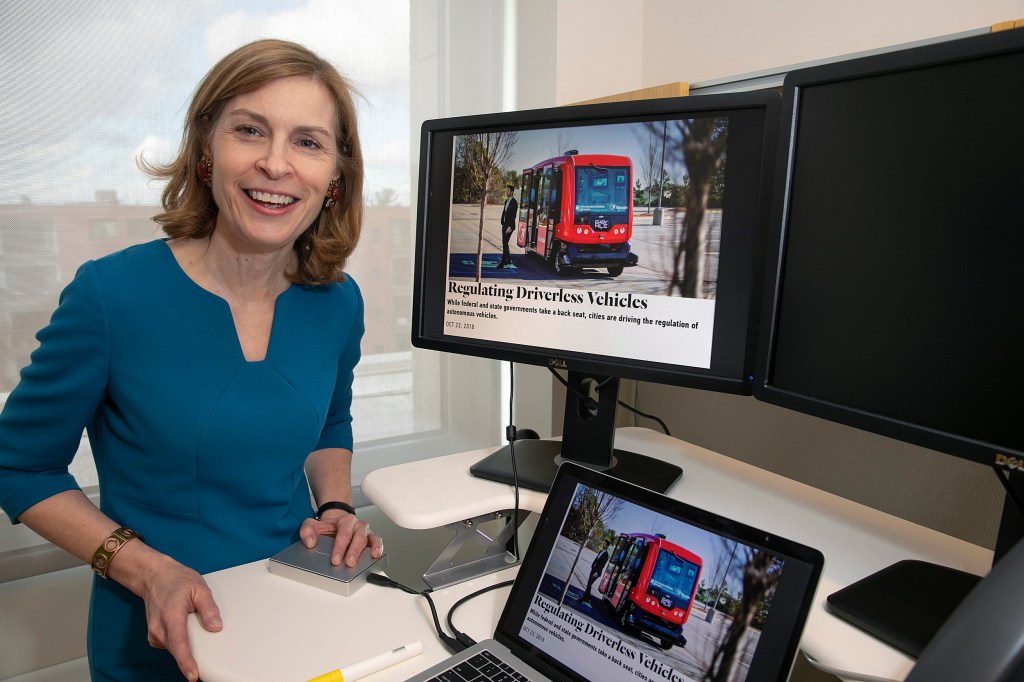
-
A trip to self-discovery in South’s troubled past
On a spring break trip sponsored by the Harvard Alumni Association, two College students learn a lesson in common humanity.
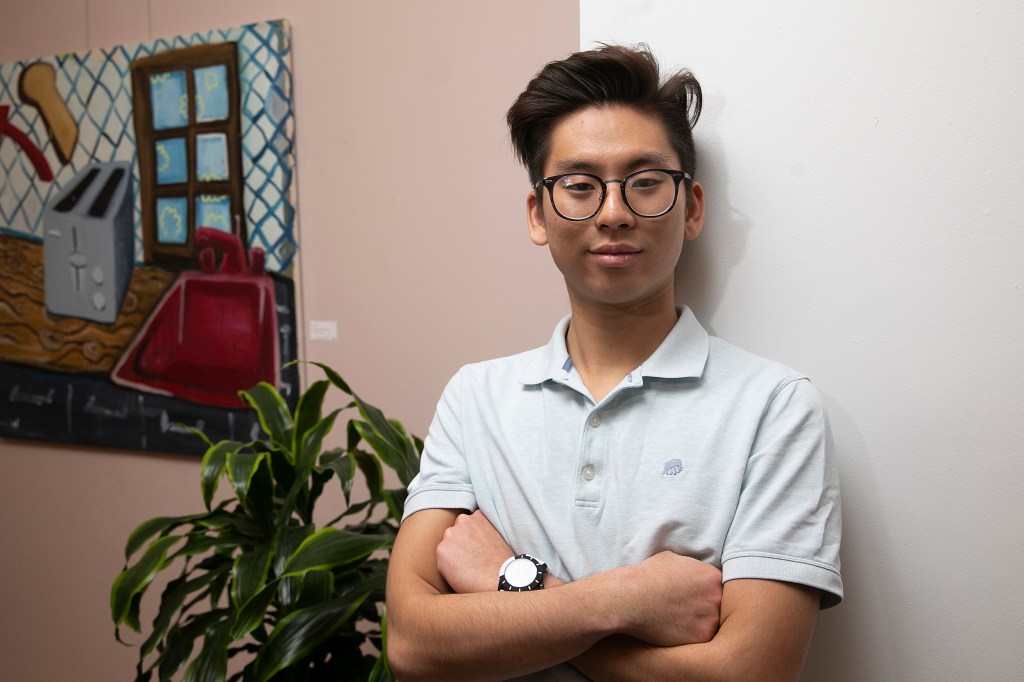
-
Where the present meets the past
During Israel visit, Harvard Divinity School students tracked movements of the historical Jesus.

-
Puerto Rico benefits from Harvard’s living lab
The community group Unidos por Utuado has won $100,000 in seed funding from the Puerto Rico Big Ideas Challenge to implement a plan — designed by Harvard students — for renewable and affordable electricity.
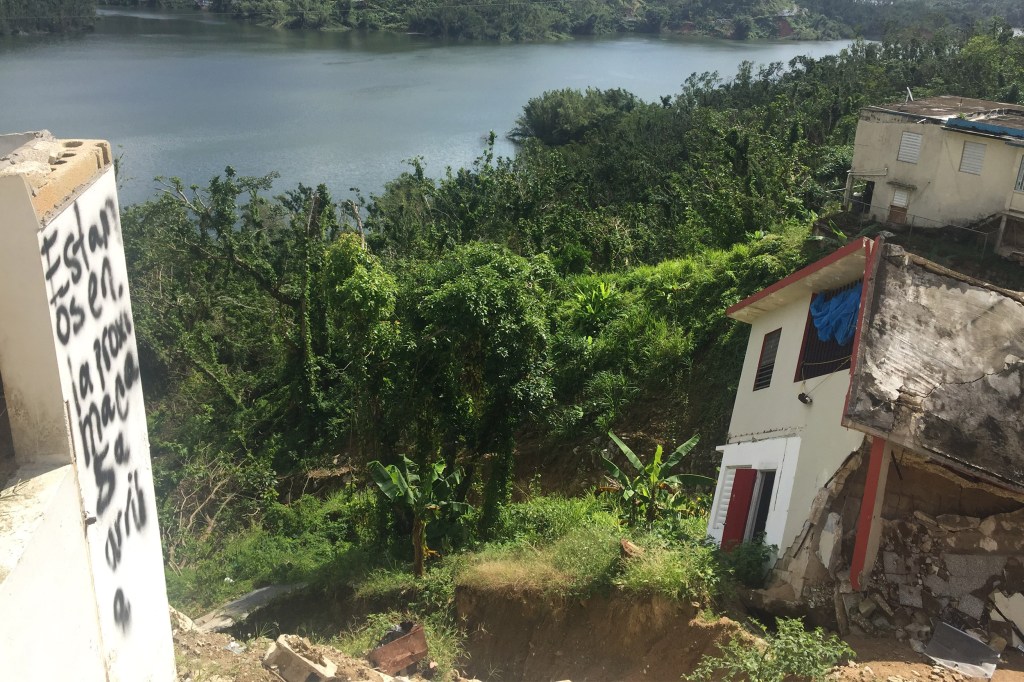
-
A new chief at Center for Public Leadership
Former Ambassador Wendy R. Sherman, who has held numerous top posts in the State Department and on Capitol Hill and led the U.S. negotiations with Iran over nuclear weapons that resulted in a historic 2015 accord, is set to helm the Center for Public Leadership at Harvard Kennedy School in January. She talks to the Gazette about her plans and her view of U.S. foreign policy today.
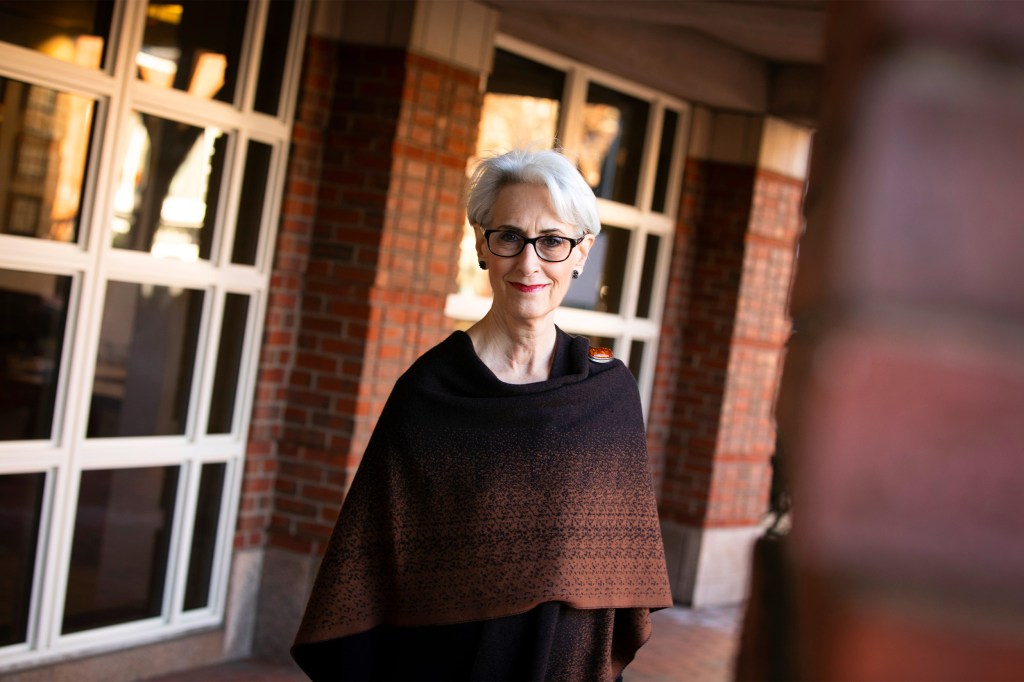
-
A lesson for every listener
Members of the Harvard community heard different messages as Malala Yousafzai accepted the 2018 Gleitsman Award.
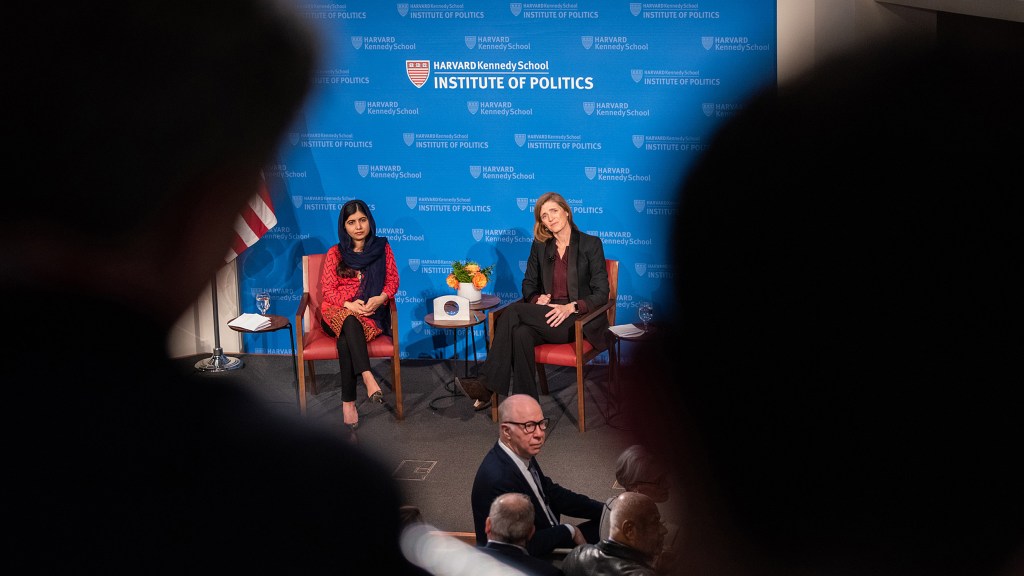
-
New congressional members at Harvard
Fresh from their 2018 midterm victories, 63 newly elected members of Congress spent two days at Harvard Kennedy School this week engaging with students and getting an intensive primer from faculty and special guests on what to expect when they take their seats in January.
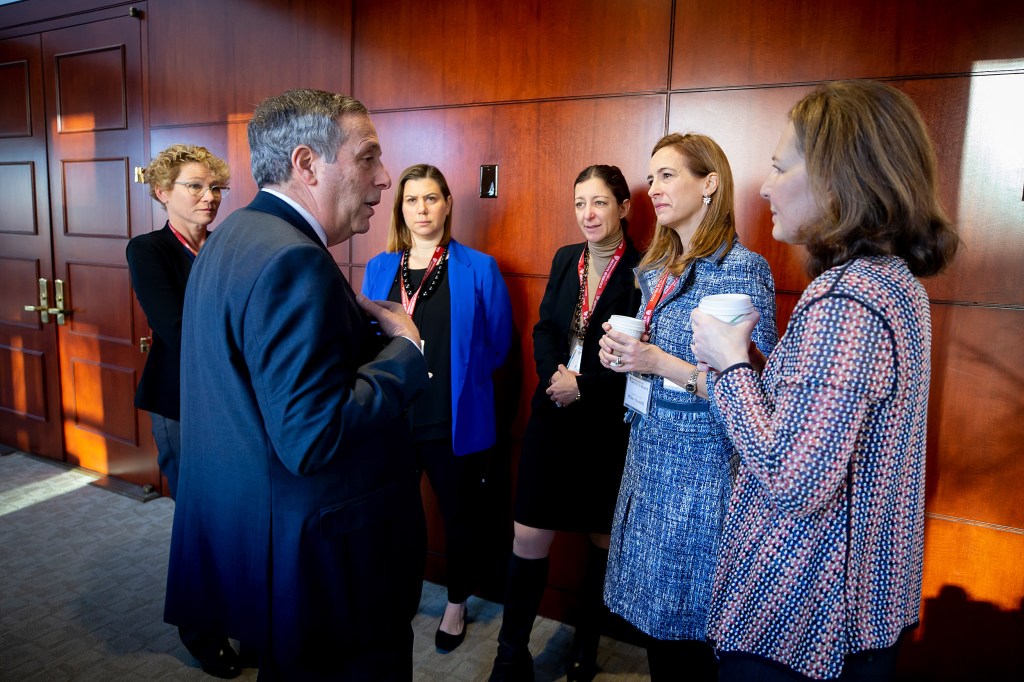
-
Yes, you can change the world, says Bryan Stevenson
When lawyer and social activist Bryan Stevenson, founder of the Equal Justice Initiative, spoke at the Kennedy School Tuesday, his topic was nothing less than changing the world, something that he urged everyone in the capacity crowd to think of as both a responsibility and a possibility.
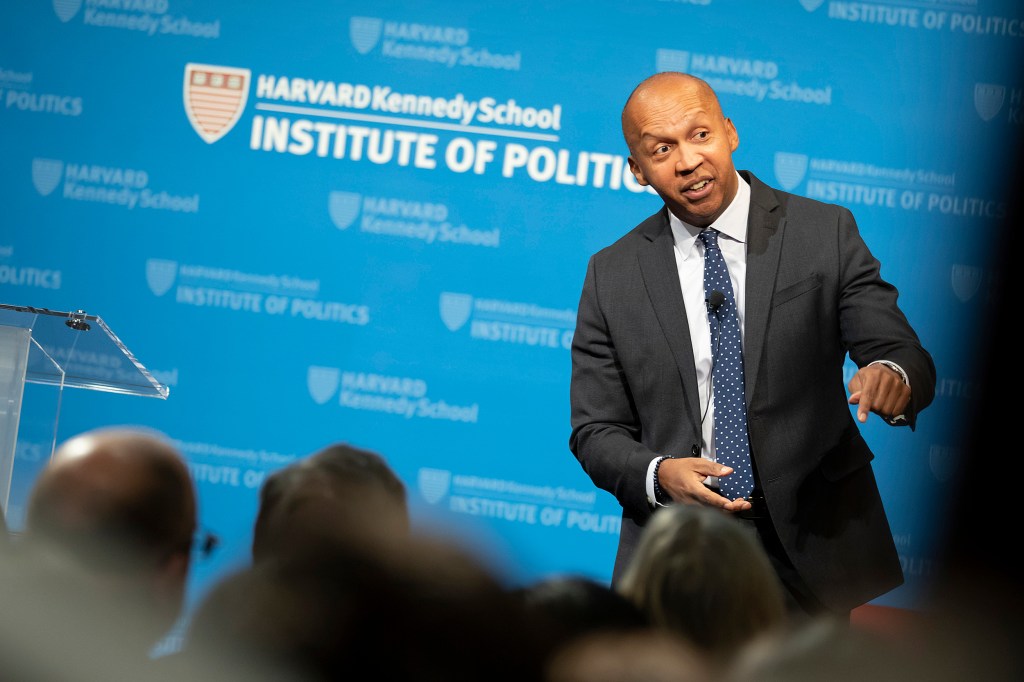
-
Lies we can’t live without
NYU philosopher Kwame Anthony Appiah will draw from his new book, “The Lies That Bind: Rethinking Identity,” when he visits Harvard Medical School to deliver the 2018 George W. Gay Lecture.
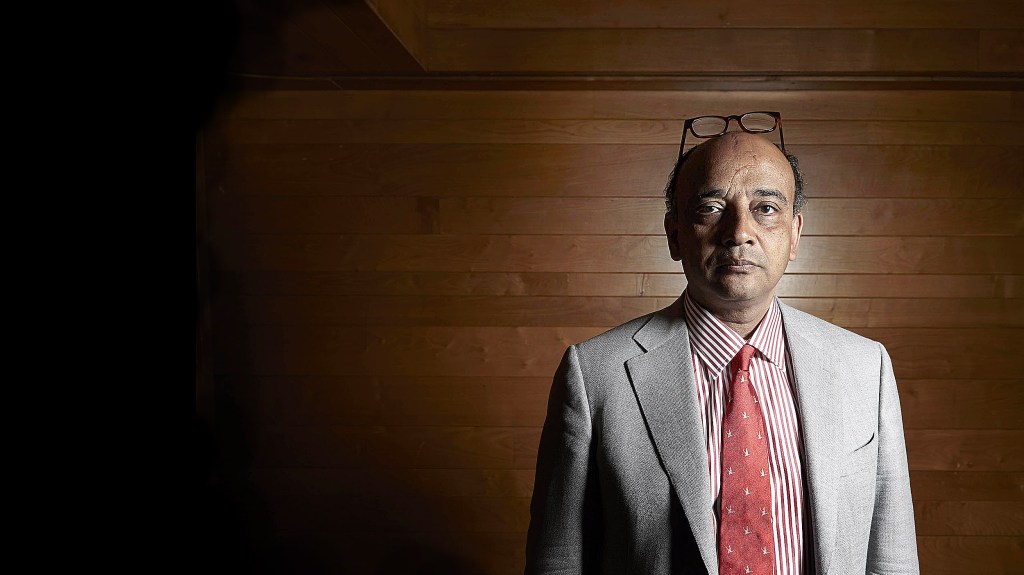
-
The view from inside Facebook
Monika Bickert, the head of global policy management for Facebook, discussed the social media giant’s policies and evolution with Harvard’s Jonathan Zittrain.
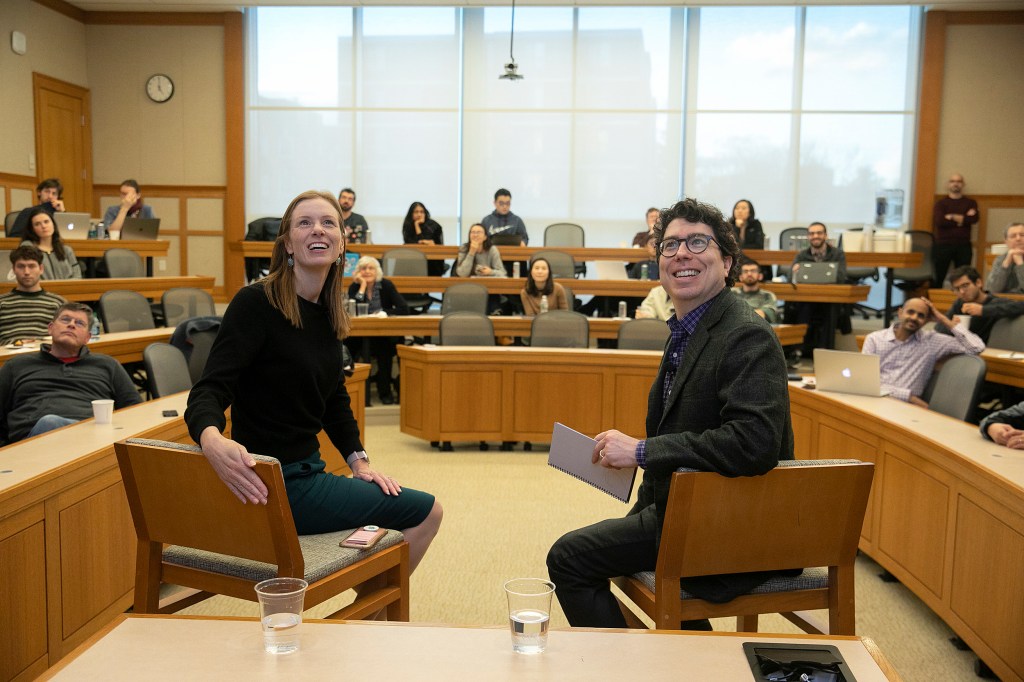
-
Getting from no nuclear to slow nuclear
Environmental fellow Michael Ford and climate scientist Daniel Schrag say that improved nuclear power could play an important role in U.S. energy production midcentury and beyond.
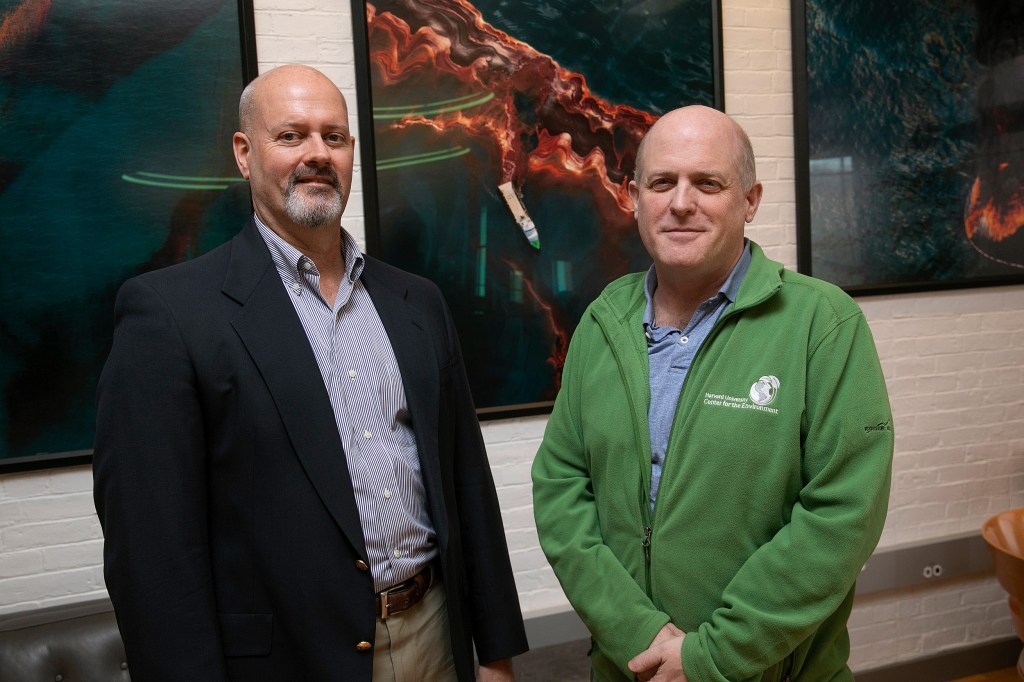
-
John Kerry, still in the game
During a visit to Harvard, former Secretary of State John Kerry encourages students to do more than show up to vote: to take action.
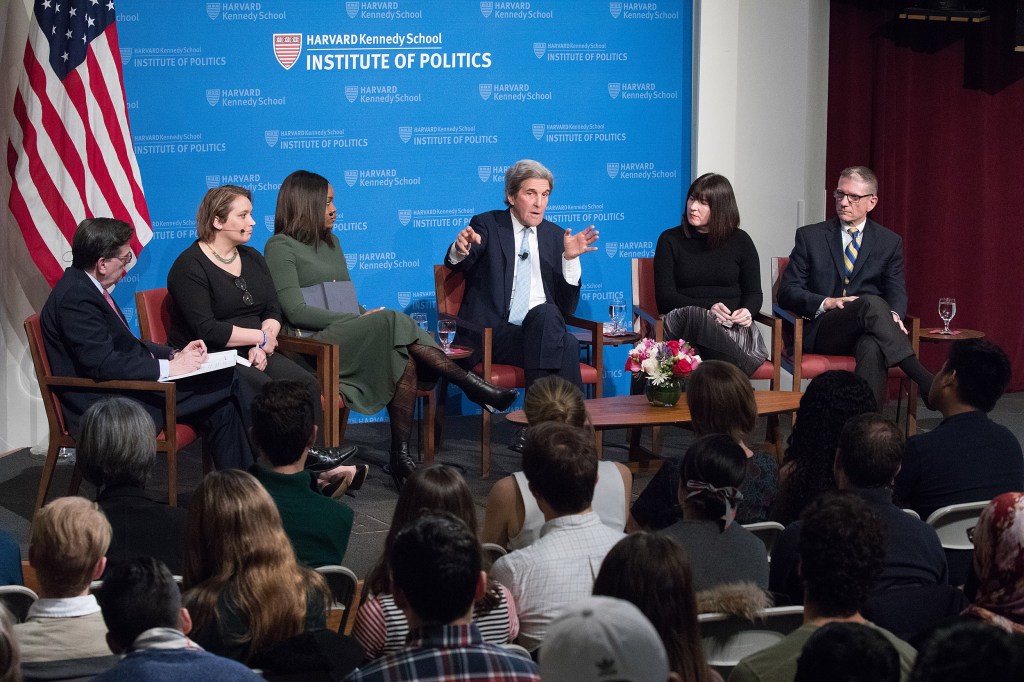
-
Reflections of an envoy
During a Harvard visit, Caroline Kennedy recalls her years as ambassador to Japan, including President Obama’s trip to Hiroshima.
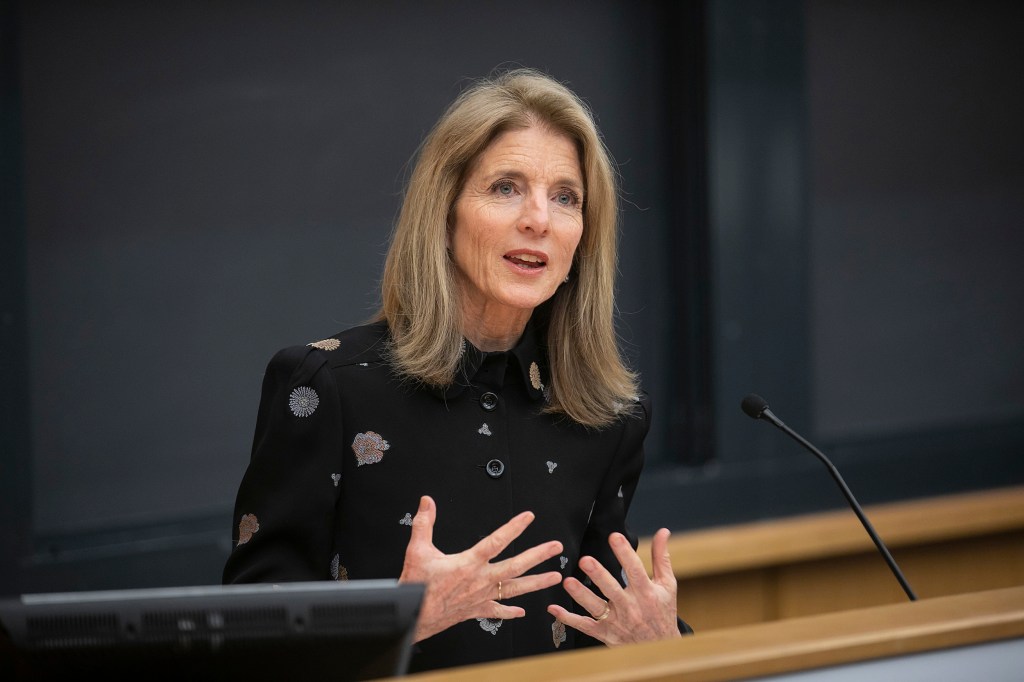
-
The machinery to drive ed reform
In an interview, Harvard’s Paul Reville explains the goals of an upcoming conference that invites mayors, school officials, and community leaders to discuss how to drive meaningful educational reform.
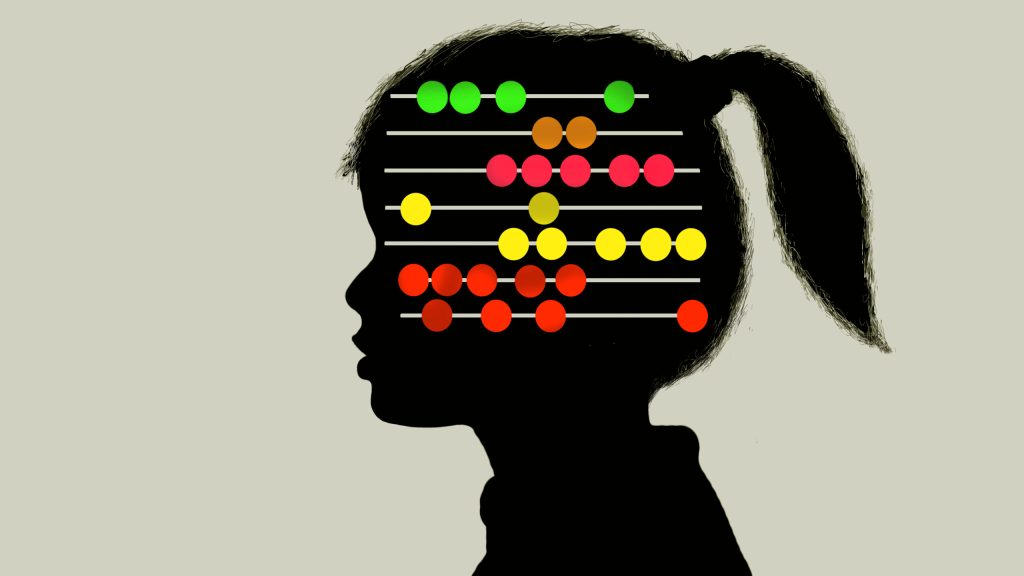
-
A prophet of peace
An interview with Juan Manuel Santos, former president of Colombia and 2016 Peace Prize winner for his efforts to negotiate an agreement that ended a 50-year-long internal conflict and brought peace to Colombia.
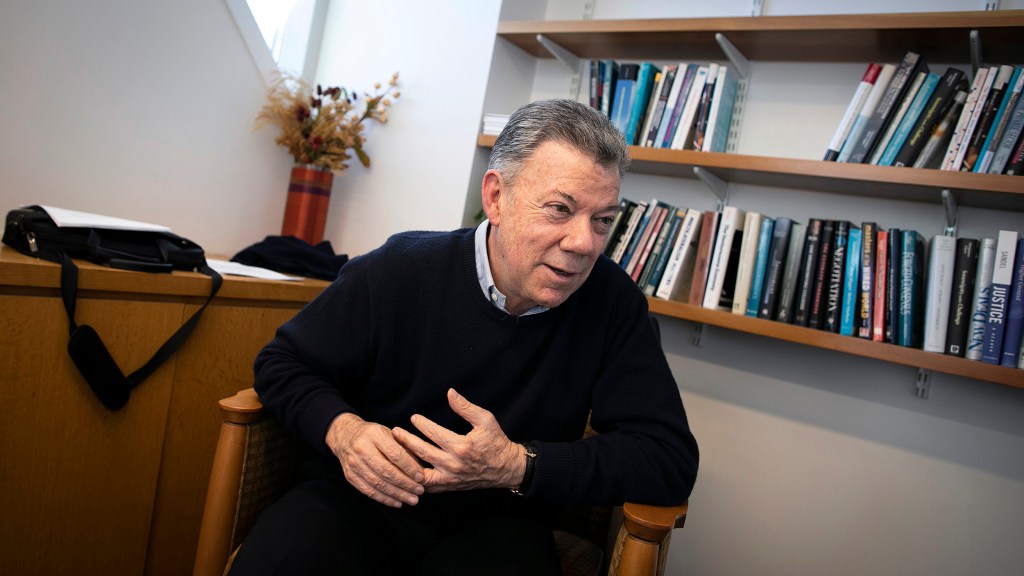
-
One election winner: the pollsters
It’s debatable whether the midterm elections delivered a demonstrably better night for Democrats than Republicans. But it was inarguably a big win for pollsters, says FiveThirtyEight founder Nate Silver at Harvard’s Political Analytics Conference.
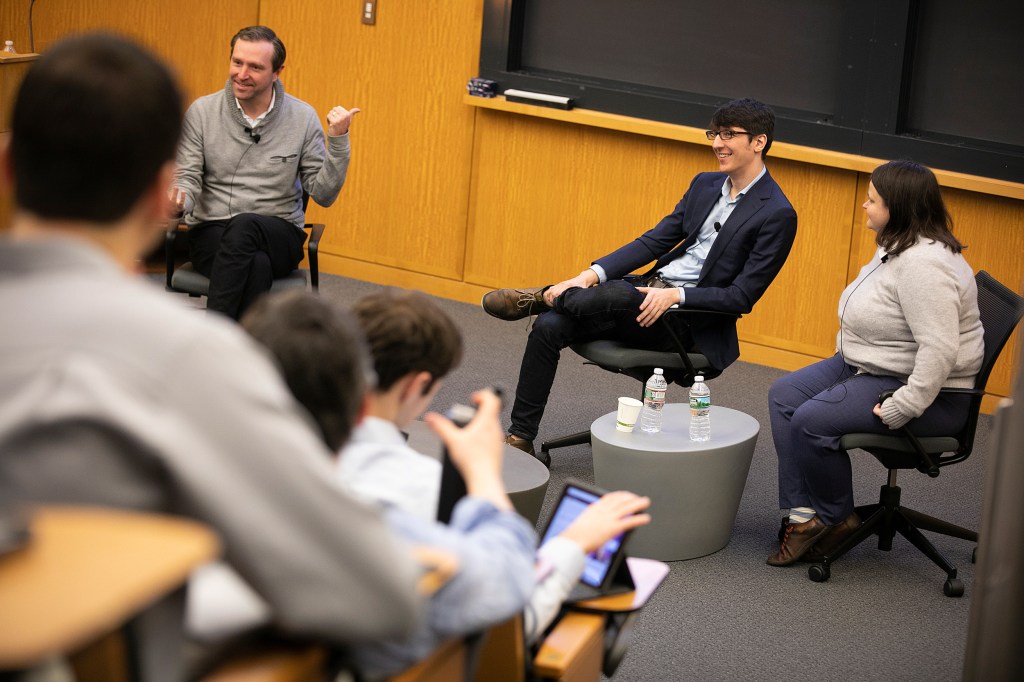
-
Back to Myanmar with fresh insights
Yee Htun, a Myanmar native who immigrated to Canada as a refugee and returned to work as a human rights lawyer in her native country, now teaches human rights advocacy at Harvard Law School.
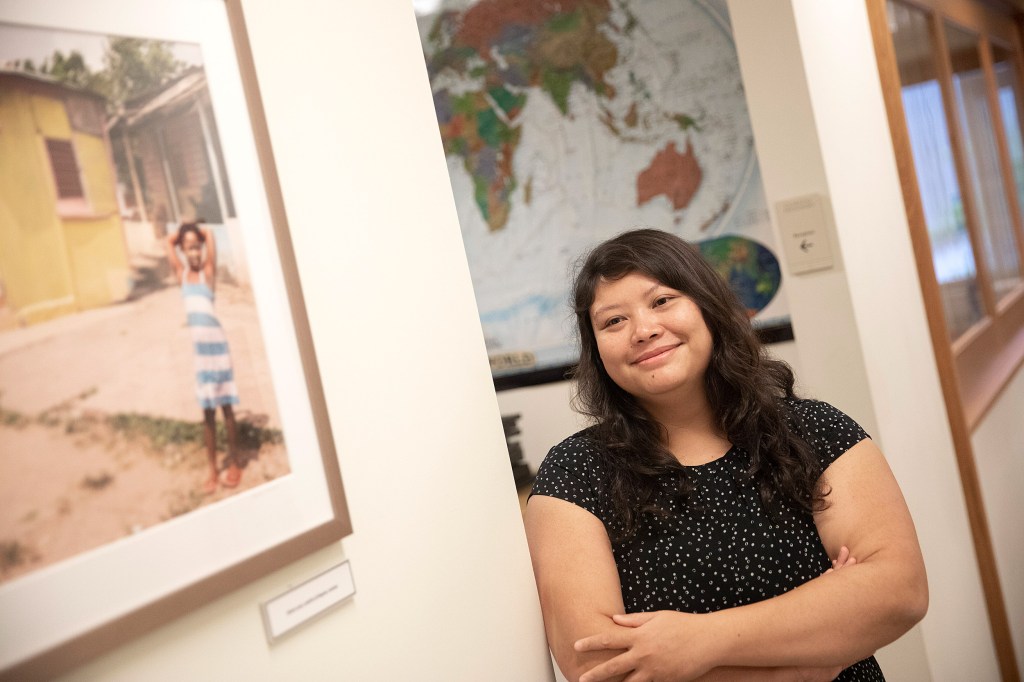
-
U.S. and Russia, behind the curtains
A high-level intelligence group gathered at Harvard Kennedy School to analyze current relations between the U.S. and Russia, and gauge future goals of each.
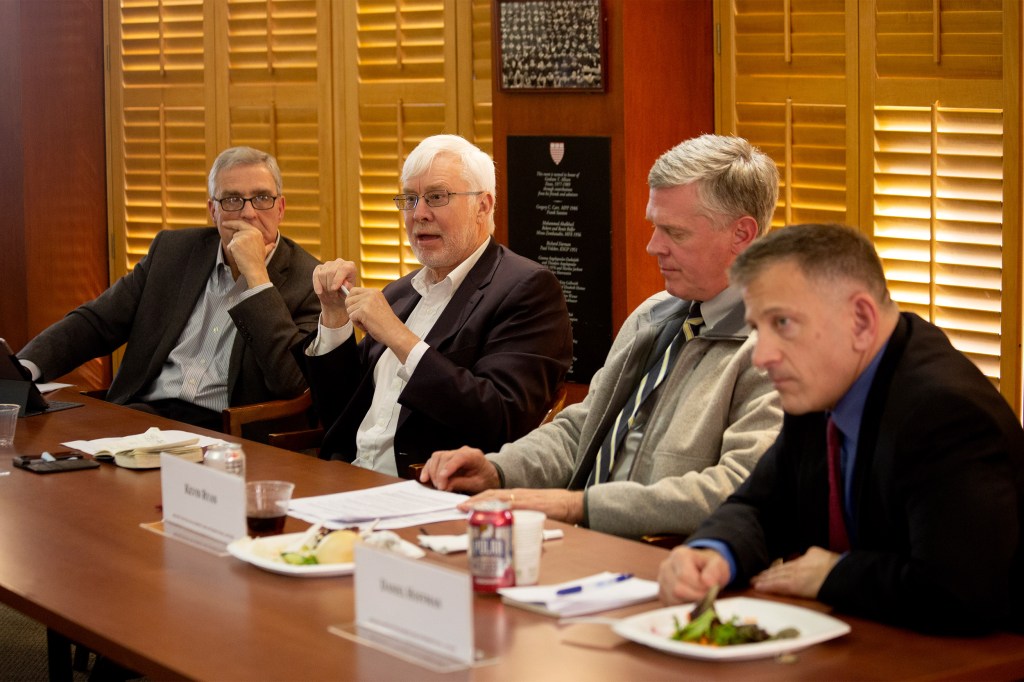
-
Sotomayor: Judges should pull together
Supreme Court Associate Justice Sonia Sotomayor comes to Harvard Law School to talk to students, suggests that judges cooperate more.
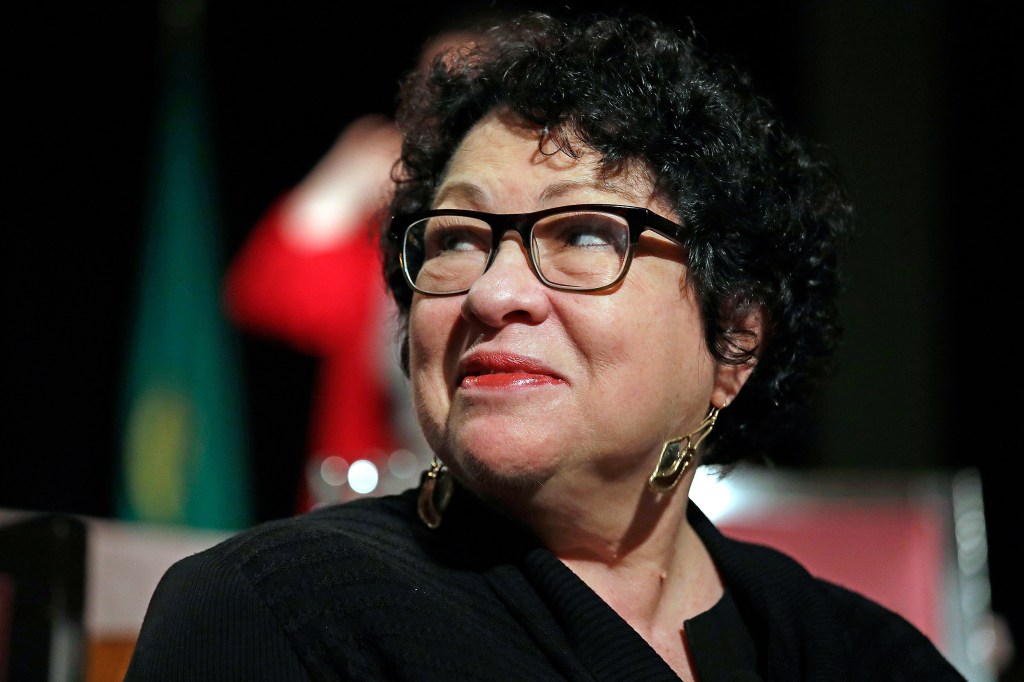
-
Opioid crisis shadows rural America
A Harvard Chan School panel reacted to a report that lists the opioid crisis and the economy as top concerns for Americans in rural areas.
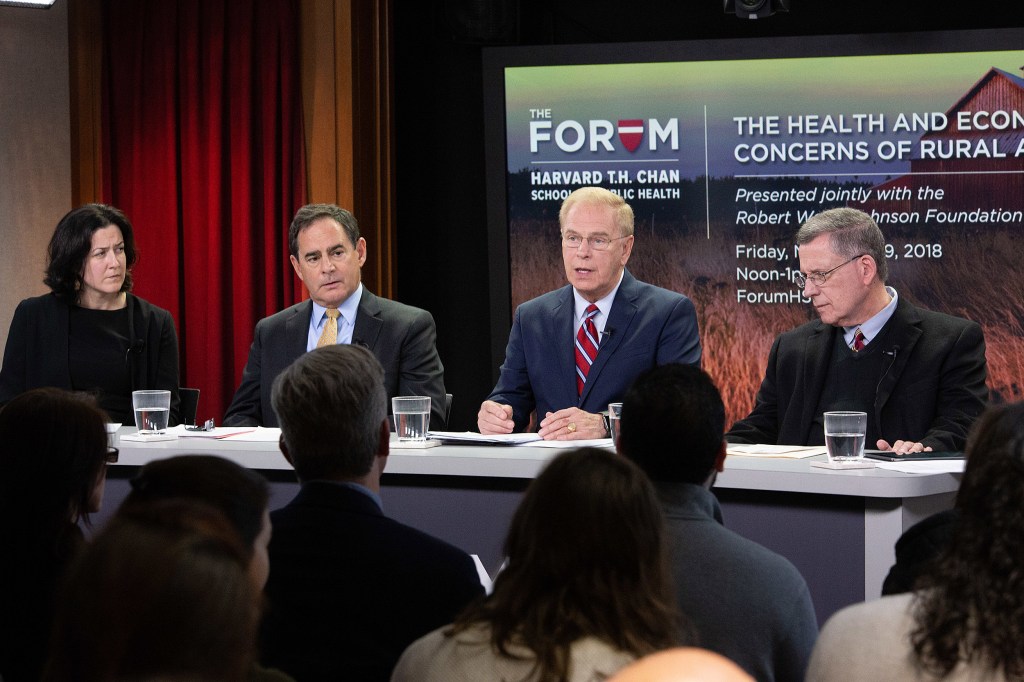
-
Post-election outlook: Little cooperation
Democratic and Republican strategists came together at Harvard Kennedy School to unpack the midterm election results. In their wake, the panelists agreed that political cooperation may get even rarer in the next two years.
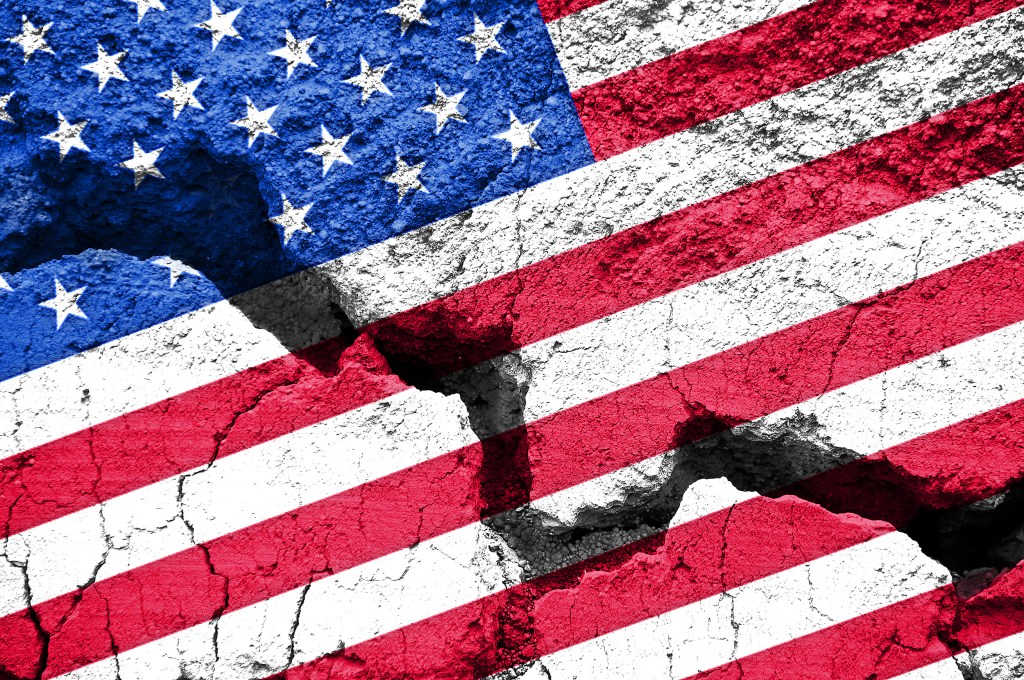
-
And the winner is: Who you think it is
Harvard faculty discuss the results of the midterm election and what they portend for governing the nation over the next two years and for the run-up to the presidential election in 2020.
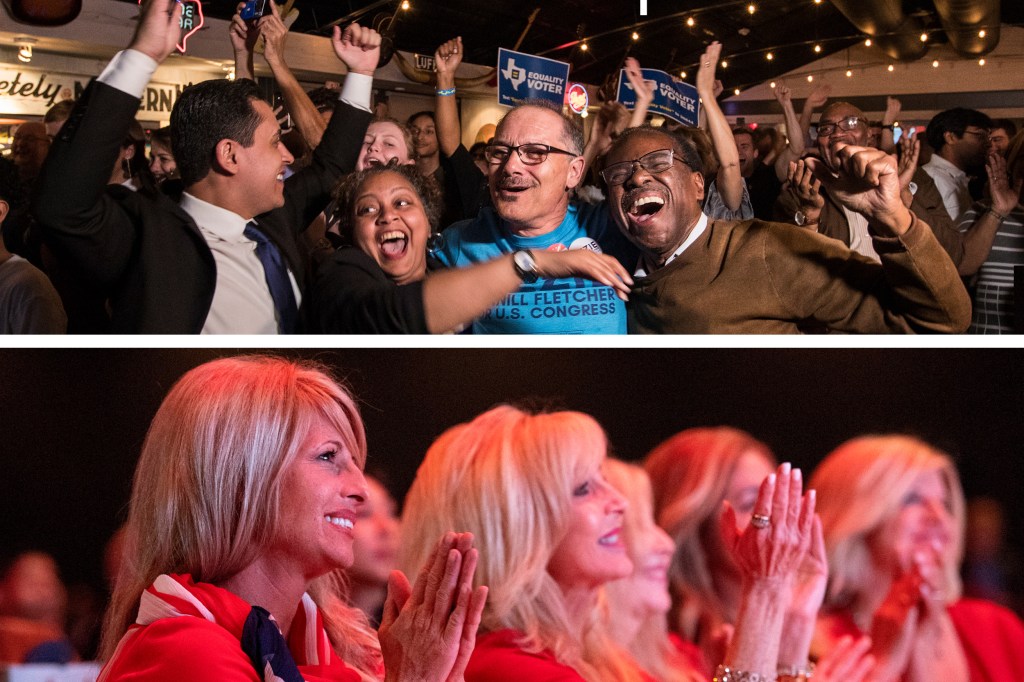
-
Memo to America: Not everyone wants to be like you
Professor Stephen M. Walt’s new book, “The Hell of Good Intentions,” is a critique of American foreign policy since the end of the Cold War.
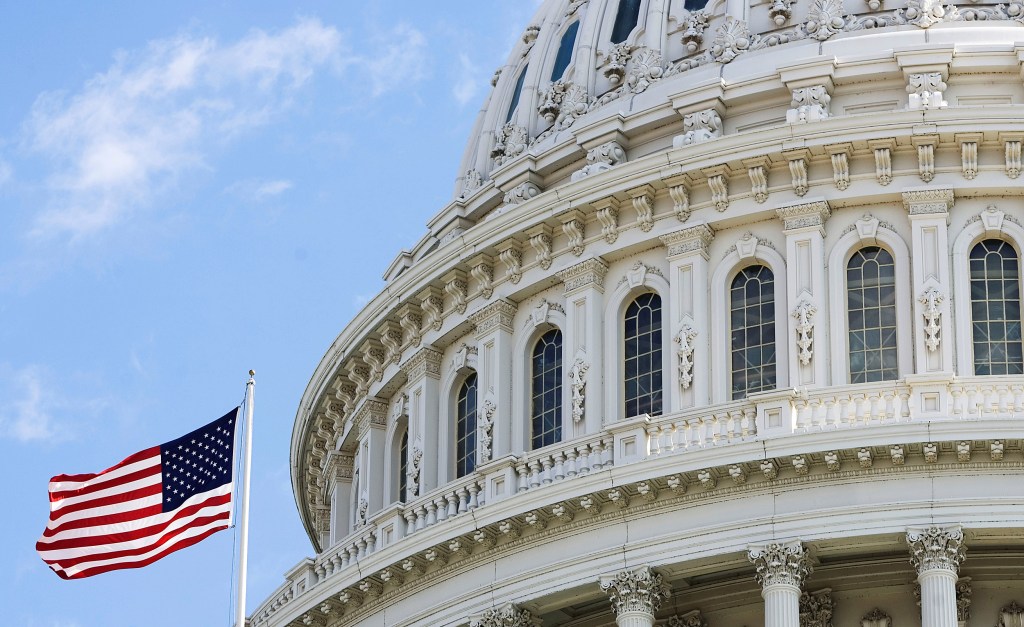
-
Raising the profile of animal law to match the stakes
Scholars in Harvard Law’s animal law program are working to show the human side of wildlife protections.
